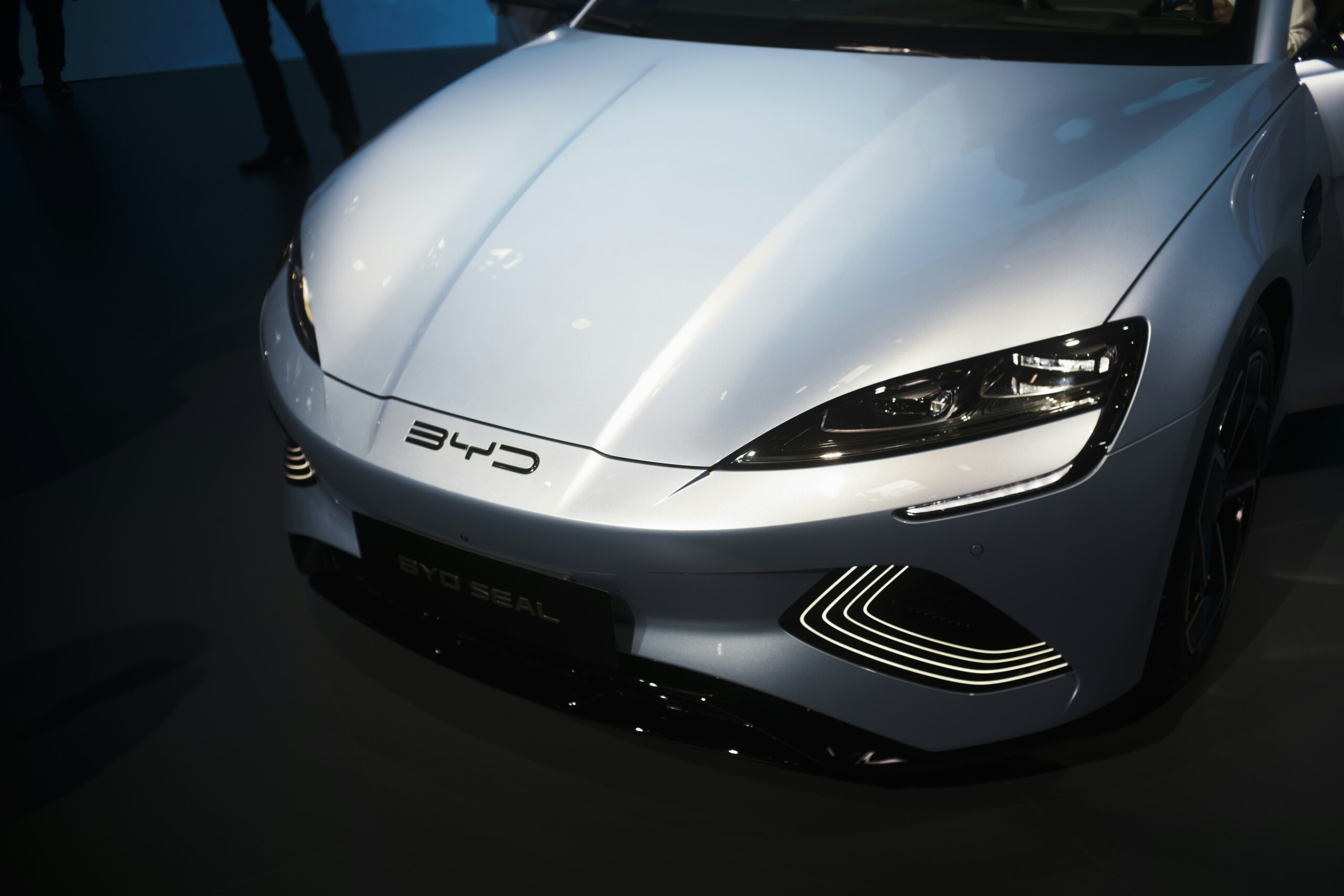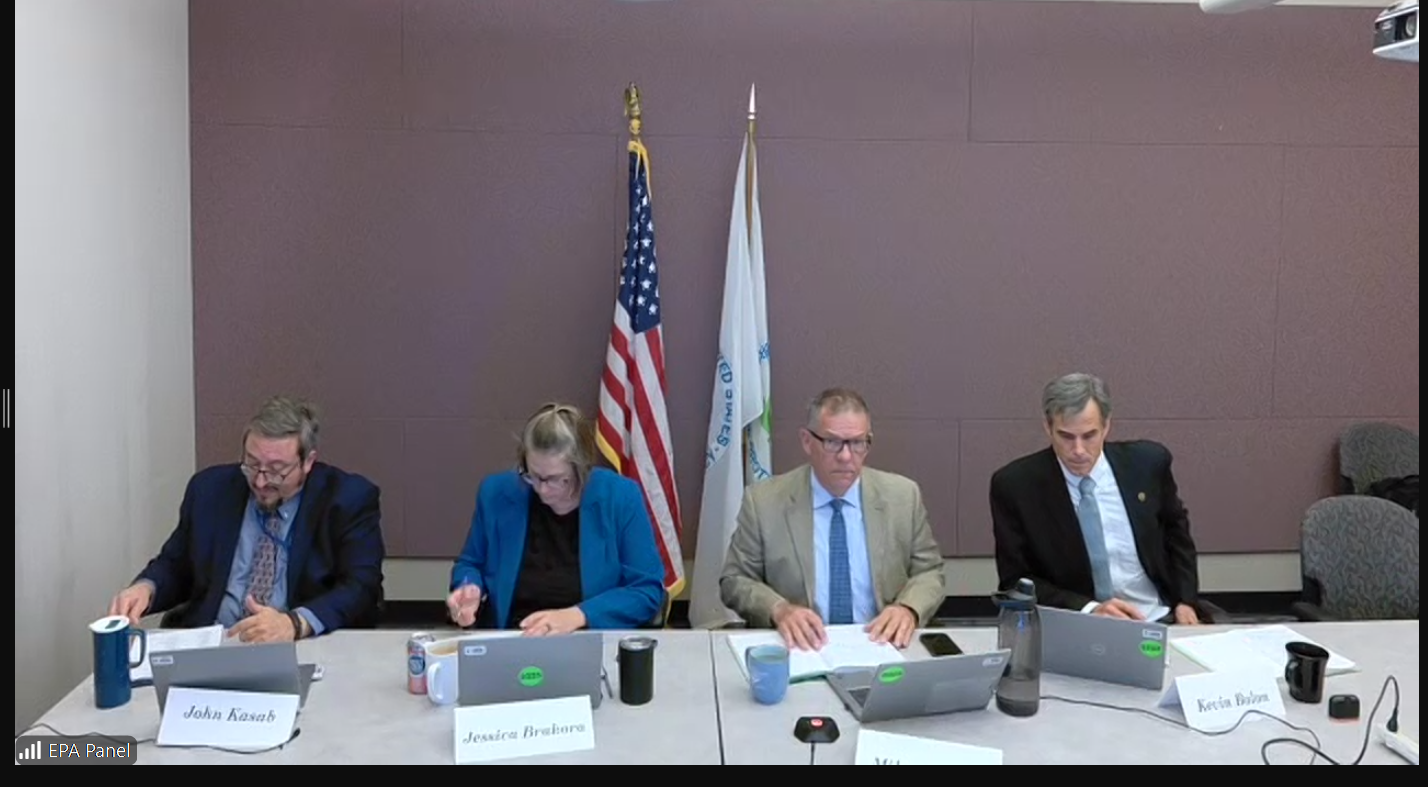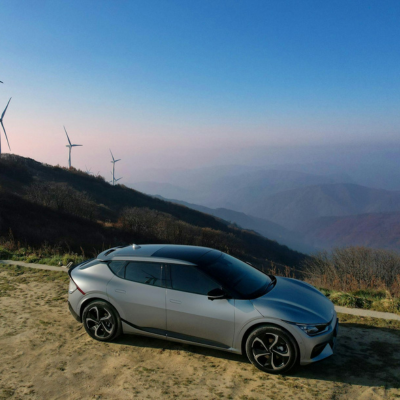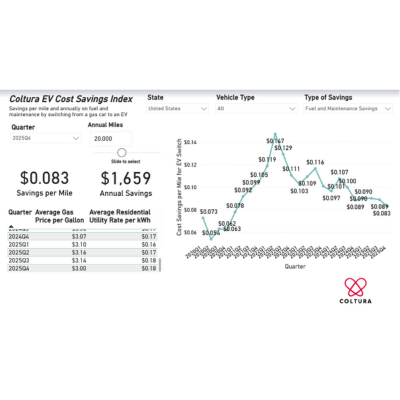Gasoline Phaseout News – August 2025
Global EV Transition Advances, US Behind

Global EV sales surged 28% in the first half of 2025, powered by strong growth in China and Europe. Meanwhile, US sales barely budged, and are expected to drop when the federal EV tax credit ends on September 30.
China dominates the global EV ecosystem and makes more than half of the EVs sold worldwide. Strong government policies, low-cost manufacturing, cutting-edge technology, and economies of scale boost Chinese EVs. US automakers, despite tens of billions in EV investment, are lagging behind
The US risks becoming a laggard in the global auto industry if we don’t increase our commitment to EVs. This means that states must lead in advancing pro-EV policies, including targeted EV incentives, more charging availability, and providing accurate information about EV benefits.
EPA Plans Repeal of Tailpipe Pollution Laws


Coltura’s Rob Sargent testified on August 21st at an Environmental Protection Agency (EPA) hearing alongside leading experts and scientists against the EPA’s proposal to reverse its 2009 “Endangerment Finding” that burning fossil fuels harms human health and welfare, and against its proposed elimination of tailpipe standards for cars and trucks.
Sargent zeroed in on the economic impacts of tailpipe regulation repeal for big gasoline users, stating:
“America’s high-mileage drivers . . . tend to be super-commuters, who must live where housing is affordable, even if it’s far from their jobs, and people in rural areas, where all driving distances are long. Tailpipe standards and incentives that help them switch to an electric vehicle would drastically cut their household expenses and unlock opportunities for a better life.”
EPA is accepting written public comments on these proposals through September 22nd here.
Fight for Clean Air—For Our Kids
Every gallon of gasoline burned poisons our air and warms our planet, threatening the health and future of our children and grandchildren.
Coltura is working to speed up the fuel switch to cheaper, cleaner electricity by helping the drivers using the most gasoline – often due to long commutes and rural living – switch to EVs.
Your gift today powers the policies, tools, and outreach needed to protect the people we love and let them breathe easier – literally and figuratively.
Let’s give the next generation more than memories — let’s give them clean air and a livable climate.
Donate now. Their future can’t wait.
Data insight of the month: Gasoline Biggest Drain on Household Energy Wallets
New research from the Electric Power Research Institute (EPRI) finds that gasoline is the biggest energy expense for America’s families.
According to EPRI’s newly released Energy Wallet the U.S. average energy spending per household in 2024 was $5,530, $2,930 (53%) of which is for gasoline. Check out the energy spending mix in your state here. The study also predicts that average household energy expenses decline as we electrify more.
Electric vehicles can cut about ⅔ of vehicle fueling costs for the average U.S. driver, a huge boost for the people who drive a lot.
Gas Station of the Month: Exxon in Raleigh, NC
A driver backed into a fuel pump, sending up to 600 gallons of gasoline spilling into storm drains and across streets. The driver fled the scene. Hazmat crews rushed in to contain the dangerous leak, shutting down the station and nearby roads for hours.
Want more stories like these in your inbox? Sign up below for your free subscription to Gasoline Phaseout News!
Culture Corner: Fueling Chains Embrace EVs
For today’s EV drivers, road trip charging typically means navigating multiple turns off the offramp and hunting for the charging stations in a large parking lot. This could be about to change.
Many large fuel retaiilers, including Pilot Flying J, Love’s Travel Stops, Sheetz, WaWa and Kwik Trip are pairing fast chargers with snacks, restrooms, a familiar roadside experience, and mammoth signs that attract drivers.
EV charging stations that feel like a natural extension of today’s road trip pit stops are likely to drive faster EV adoption, cleaner air and a cooler climate.





